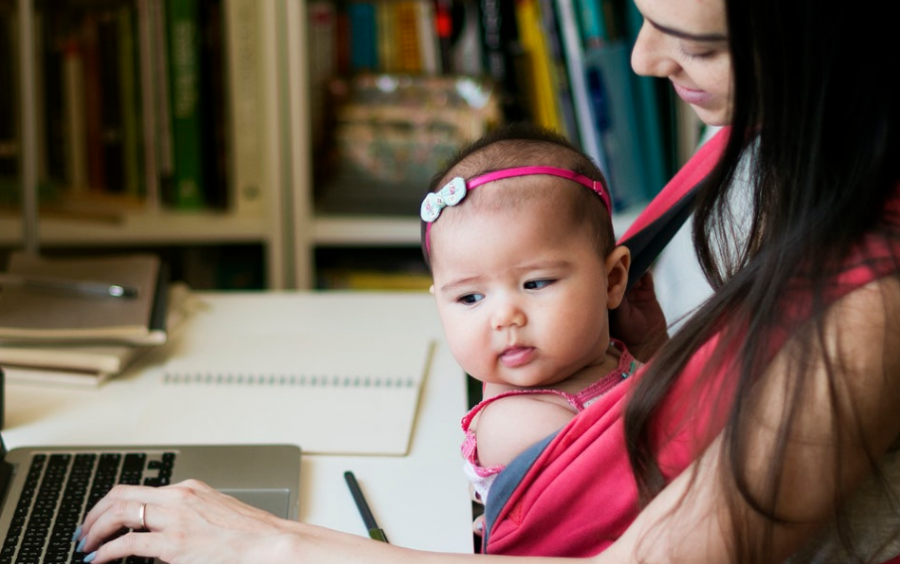DIVERSEcity CEO Neelam Sahota talks about supporting mothers at home and in the workplace for Mother’s Day

On Mother’s Day this year, let’s take time to not only celebrate mothers, but really acknowledge them. See them. Not just the smile on their lips, but the worry in their eyes. The exhaustion on their faces. The load on their shoulders.
The COVID-19 global crisis has highlighted the emotional, often invisible, workload that mothers carry. It has also increased that workload.
As we self-isolate in our homes, mothers are carrying the burden of homeschooling, often while working full-time jobs from home, in addition to the cooking, cleaning, shopping and so on.
Many are also still working outside the home, as leaders on health care’s frontlines, or working in essential or service industries, helping us all safely access groceries and essentials during this crisis. We are also seeing amazing women leaders rise up to battle this crisis at the policy level.
For all of them, traditional lines of work and home are being blurred, and it’s important we don’t dismiss or ignore the pressure mothers may be under now — and as we rebuild our workplaces after COVID-19.
As a mother myself, I remember the challenges of building a career in a traditional workplace when my kids were young. When I took on the role of CEO at DIVERSEcity with three children under the age of 12, I was fortunate to have a strong support network. But I still had to make accommodations and choose priorities for myself as a professional versus a mother. During this crisis, I can only imagine the strain working mothers of young children are currently under.
The Canadian Human Rights Commission says that COVID-19 is “having a disproportionate impact on women. Social and economic barriers have been amplified for racialized women, Indigenous women, migrant women, women with low income, single mothers and other women. They are at greater risk of job loss, poverty, food insecurity, loss of housing and domestic violence.”
The Commission recommends taking a feminist approach to re-establishing our workplaces. Canadian Women’s Foundation calls for us to invest in diverse women’s leadership opportunities and empower girls, asking us to imagine what women could achieve if we supported them to the fullest.
Flexible workplaces need to be more of the norm
As a leader of a social services organization, I want all my employees, especially mothers, to feel supported during this crisis. As we all continue to work from home, providing services to our clients through phone and virtual options, I want them to know we see them, we appreciate them and we will give them the flexibility they need not just during COVID-19, but as part of our permanent organizational culture. I would not be in my role today if I did not have flexibility in my career along the way. This is my commitment to working mothers in our organization. You don’t have to choose between being a mother and being a professional. Organizational cultures like DIVERSEcity’s need to be the equalizer and more of the norm in our workplaces today.
As for what’s next? Let’s use the lessons from this crisis to reimagine the 21st century workplace more thoughtfully. Let’s all be more flexible and more authentic to who we are and what we need as professionals, as parents, as humans.
To all the mothers holding things together for their families in these challenging times, have a happy Mother’s Day.

